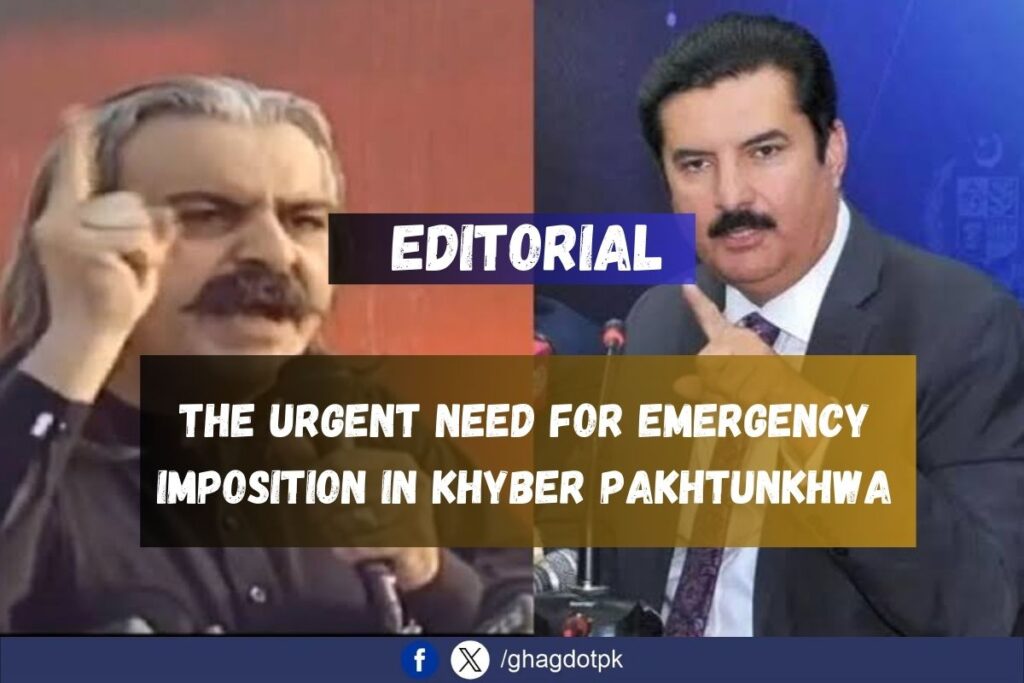The escalating wave of terrorism and the continued failure of governance in Khyber Pakhtunkhwa (KP) demand urgent and decisive action. The recent tragic events in Lower Kurram, where innocent lives were lost in a brazen attack on passenger vehicles, serve as a harsh reminder of the security challenges faced by the province. This incident, coupled with the broader surge in terrorism across KP, highlights a grim reality: the province is grappling with a security crisis that requires immediate and comprehensive intervention.
The fundamental issue here is not just the violence itself, but the inadequate response to it. Despite the repeated attacks and increasing casualties, the provincial government and its security apparatus have been slow to implement effective measures to combat this threat. The current situation, where terrorist attacks are occurring with alarming regularity, points to a failure of governance at multiple levels. The government’s inability to provide adequate security for its citizens and maintain public order suggests a deeper systemic problem that goes beyond individual incidents.
Imposing a state of emergency in KP could be the necessary step to address this crisis. An emergency would allow the provincial government to temporarily suspend certain civil liberties to better focus on stabilizing the region and ensuring public safety. It would enable the deployment of additional security forces, both military and paramilitary, to reinforce existing efforts and enhance intelligence and surveillance capabilities. This could help to dismantle terrorist networks and curb the influx of militant activity that has plagued the province.
Moreover, an emergency would necessitate a more robust and coordinated response from the federal government. The center must play a more proactive role in supporting KP in its fight against terrorism. This includes not only providing additional resources and expertise but also stepping up diplomatic and international cooperation to tackle the cross-border elements contributing to the unrest.
However, implementing an emergency should not be seen as a permanent solution. It is a stopgap measure aimed at regaining control and stabilizing the province while long-term solutions are developed. This requires not only increased security measures but also a comprehensive strategy that addresses the root causes of terrorism, including socio-economic disparities, lack of educational opportunities, and poor governance at the local level.
In this critical moment, the leadership at both the provincial and federal levels must recognize the gravity of the situation and act decisively. Delaying action further only risks deeper instability and increased suffering for the people of KP. It is essential to restore confidence in the government’s ability to protect its citizens and maintain peace. The time for half-measures and excuses is over. KP needs a robust response now to secure its future and safeguard its citizens.






